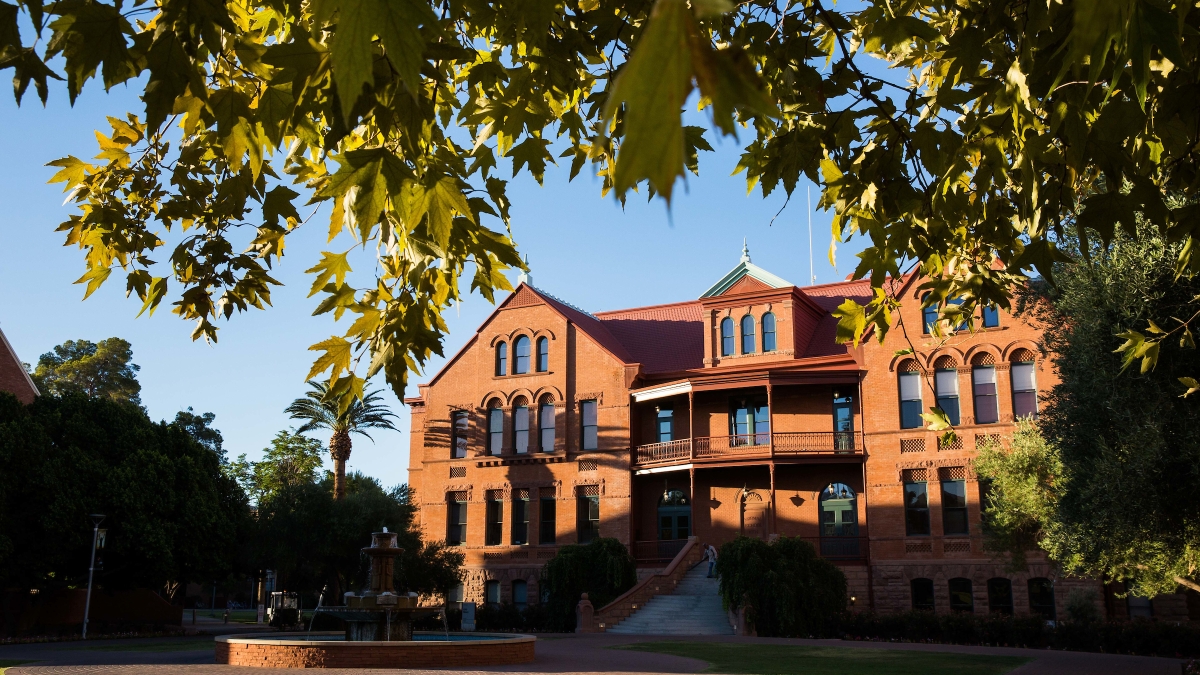Two Arizona State University professors have been elected to the American Academy of Arts and Sciences. Jane Buikstra, a Regents' Professor in the School of Human Evolution and Social Change, and Asunción Lavrin, an emeritus professor in the School of Historical, Philosophical and Religious Studies, were chosen for their foundational work in their respective fields.
They are among more than 200 members in the 2019 class recognized for their outstanding achievements in academia, the arts, business, government and public affairs.
“With the election of these members, the academy upholds the ideals of research and scholarship, creativity and imagination, intellectual exchange and civil discourse, and the relentless pursuit of knowledge in all its forms,” AAAS President David Oxtoby said.
Buikstra is a renowned bioarcheologist and is known for forming the discipline of bioarcheology, which combines archeology with forensics, pathology, genetics and other fields to understand the lives of past peoples.
Buikstra is currently working on a number of efforts that explore the experiences of ancient humans from around the world. These include projects on the everyday lives of those who lived in Athens, Greece, during the eighth through fourth centuries B.C.; the spread of M. tuberculosis from South to North America and how it evolved as it moved between humans and other hosts; the connections between environmental change and social complexity for ancient indigenous peoples who lived along North American river systems; and how the Chiribaya culture of South America made radical social changes between 1,000 to 1,500 years ago.
“I’m especially honored to be part of a body that recognizes the significance of humanistic endeavors along with the sciences,” Buikstra said. “The AAAS election is a most welcome recognition that significant research is often broadly based and seeks to push boundaries, as is encouraged at ASU.”
Asunción Lavrin is an award-winning author and historian with more than 100 publications to her credit. She has covered the topics of gender and women’s studies in colonial and contemporary Latin America, and religion and spirituality in colonial Mexico.
Considered a pioneer in Latin American women’s history, Lavrin has studied and published extensively on women in Latin America, especially women in Mexico. Her work has significantly contributed to the historical record of Roman Catholicism in Mexico, beginning with a number of her early articles on nuns and nunneries, culminating in her 2008 monograph "Brides of Christ: Conventional Life in Colonial Mexico."
The academy was founded in 1780 by John Adams, John Hancock and others who believed the new republic should honor exceptionally accomplished individuals and engage them in advancing the public good. The Academy’s dual mission remains essentially the same 239 years later with honorees from increasingly diverse fields and with the work focused on the arts, democracy, education, global affairs and science.
The new class will be inducted at a ceremony in October in Cambridge, Massachusetts, and they will join the company of academy members elected before them, including Benjamin Franklin (elected 1781), Ralph Waldo Emerson (1864), Charles Darwin (1874), Albert Einstein (1924), Margaret Mead (1948), Martin Luther King Jr. (1966) and more recently, Michael Bloomberg (2007) and Judy Woodruff (2012).
Mikala Kass contributed to this article.
More Science and technology

4 ASU researchers named senior members of the National Academy of Inventors
The National Academy of Inventors recently named four Arizona State University researchers as senior members to the prestigious organization.Professor Qiang Chen and associate professors Matthew…

Transforming Arizona’s highways for a smoother drive
Imagine you’re driving down a smooth stretch of road. Your tires have firm traction. There are no potholes you need to swerve to avoid. Your suspension feels responsive. You’re relaxed and focused on…

The Sun Devil who revolutionized kitty litter
If you have a cat, there’s a good chance you’re benefiting from the work of an Arizona State University alumna. In honor of Women's History Month, we're sharing her story.A pioneering chemist…


